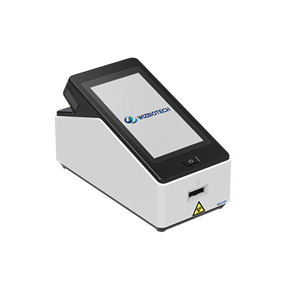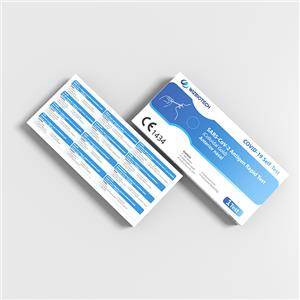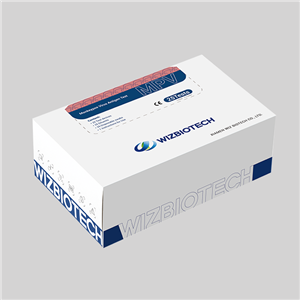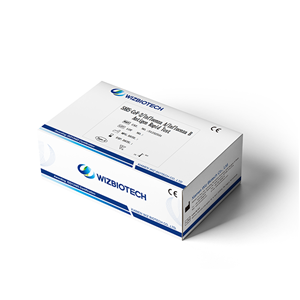What are the early symptoms of AIDS?
AIDS symptoms are divided into three stages: acute phase, asymptomatic phase and AIDS phase.
The symptoms of the emergency phase usually appear within 2 to 4 weeks after the initial infection. The main symptoms include fever, weakness, sore throat, muscle pain, joint pain, lymph node enlargement and other symptoms. Some patients may also have diarrhea, bloody stool and other symptoms.
If the acute phase is survived, the patient enters the asymptomatic phase, and some patients may enter the asymptomatic phase without obvious symptoms of the acute phase. Asymptomatic period generally lasts 6-8 years, patients can live and work like normal people, but at this time the HIV virus has been replicated in the patient's body, damaging the human immune system.
Beyond a certain limit, the patient will enter the AIDS period, then everything is too late.
AIDS was first discovered in 1981, and was named "acquired immune deficiency syndrome", in 1983, the cause of AIDS was identified as "human immunodeficiency disease". According to WHO statistics, since the first case of AIDS was discovered, about 85.6 million people have been infected with AIDS, and 40.4 million people have died of AIDS complications. In 2022, 39 million people worldwide are living with HIV, 53 percent of whom are women and girls.
The global AIDS epidemic is mainly concentrated in sub-Saharan Africa, especially in southern and eastern countries, such as South Africa, Nigeria, Kenya, Tanzania and so on. These regions have higher rates of HIV infection, especially among young people and women. In addition to Africa, there is also a certain scale of AIDS epidemic in Asia and the Pacific, especially in India, China, Thailand and other countries. In addition, Latin America and the Caribbean are also facing the challenge of HIV/AIDS, especially in Brazil, Mexico, Jamaica and other countries.
Although global AIDS control efforts have brought the epidemic under control and management to a certain extent, the spread of AIDS continues to deeply divide the world and bring pain and grief to countless people. In order to effectively control the spread of AIDS, it is very important to strengthen publicity and education, improve the detection rate of infected people, and strengthen medical services and support systems.
HIV infection cannot be accurately judged from the appearance, and a blood test is needed to confirm whether a person is infected with HIV. After infection with AIDS is not immediately able to detect whether the infection, there is a window period of detection, that is, from HIV infection to the blood can detect antibodies or nucleic acid period. The window period for antibody testing is generally 4-12 weeks, and the window period for nucleic acid testing is 1-4 weeks. At present, the most commonly used test is the antibody test, which is recommended to detect antibodies 4 weeks after high-risk behavior, and antibodies can be detected in most infected people 4 weeks. If the result is negative at 4 weeks, you can wait until 8 or 12 weeks to test. Under normal circumstances, if no high-risk behavior occurs within 12 weeks, and no antibodies are detected, AIDS infection can be ruled out. It should be noted that although the "window period" can not detect antibodies, it is possible that the viral nucleic acid has been replicated in the body and is also infectious. Therefore, when having sex during this time, use a condom to protect your partner from infection. If you have a history of high-risk behavior and have not been tested, you should be tested as soon as possible.
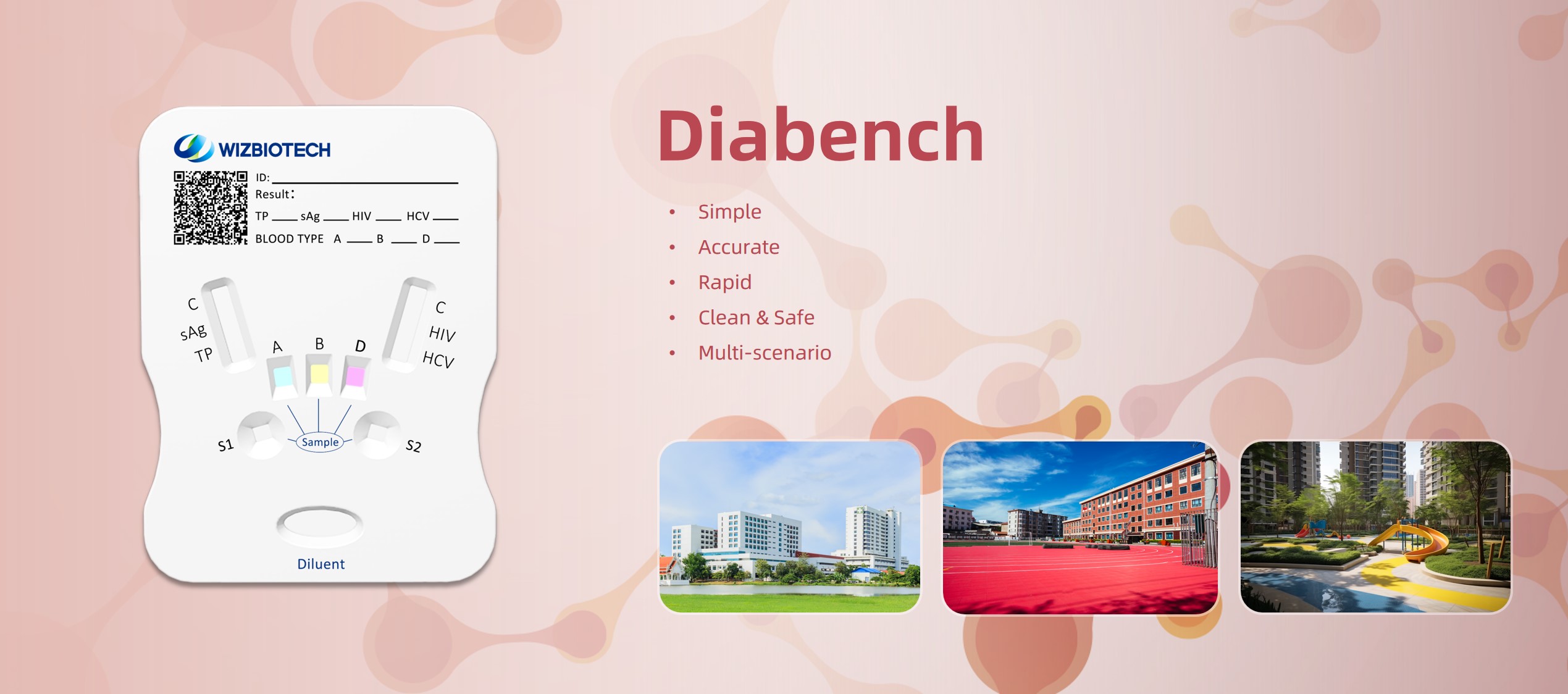
Wizbiotech has independently developed a five-card test for infectious diseases, which can detect human immunodeficiency virus (HIV), hepatitis B virus (HBsAg), hepatitis C virus (HCV), syphilis (TP) and human blood type, which is of great significance for timely blocking the transmission of infectious diseases. It can provide important reference information for medical operations such as blood transfusion and organ transplantation to ensure medical safety. The detection reagent can be applied to major medical institutions, schools, community health service centers and other places to improve the accuracy and efficiency of infectious disease detection and escort people's health. Hope that the test reagent can be widely used, welcome the hospital purchasing department and relevant institutions to consult and place orders, we will provide the best quality medical services for your hospital to provide better support and help. We look forward to working with you.

